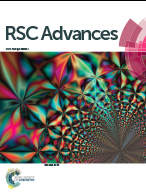 A journal has issued an expression of concern (EOC) for a cancer study after the publisher received what it called a “credible” tip that its results may not be reliable.
A journal has issued an expression of concern (EOC) for a cancer study after the publisher received what it called a “credible” tip that its results may not be reliable.
According to the EOC, published in RSC Advances, the paper is now under investigation.
Here’s the EOC for “Filled and peptide-modified single-walled carbon nanotubes: synthesis, characterization, and in vitro test for cancer cell targeting:” Continue reading Cancer paper flagged due to “credible” concerns over its reliability, journal says
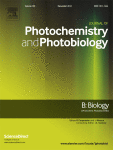


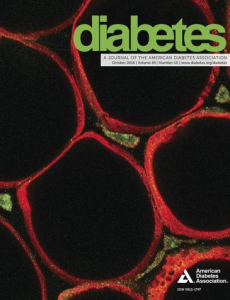

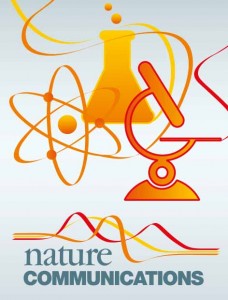 Nature Communications has issued an expression of concern for a 2014 paper by beleaguered surgeon
Nature Communications has issued an expression of concern for a 2014 paper by beleaguered surgeon 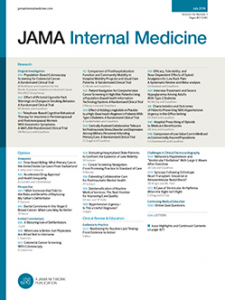

 Earlier this year, a nutrition journal
Earlier this year, a nutrition journal